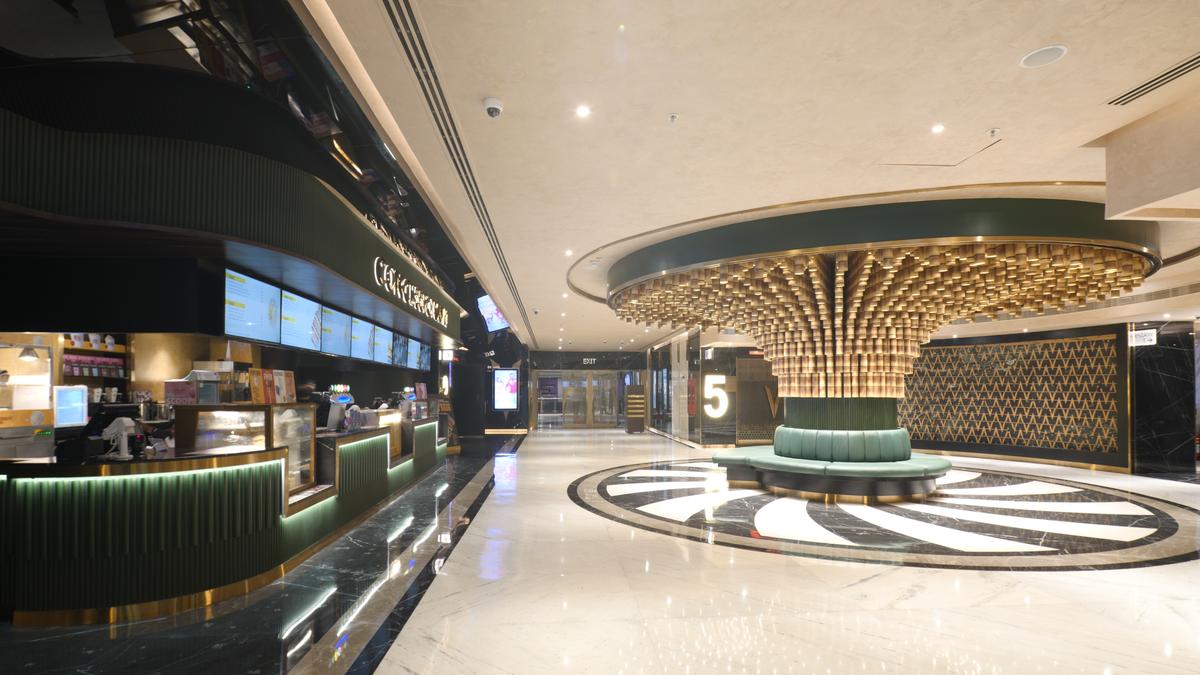Chennai’s High Court has ordered an interim stay on the Airports Authority of India’s directive to close the multiplex at Aerohub inside the city’s airport, allowing it to continue operations until at least July 8. The petitioner, operating under a sub‑licence within the Aerohub development, has contested an AAI notice dated 20 June prohibiting cinema halls in the airport precinct.
The court admitted the petition and mandated a status quo until the next hearing on July 8. The multiplex operator invested ₹20 crore in the project and claimed that AAI’s approval of building plans pre‑emptively authorised its operations. The petitioner invoked the doctrine of promissory estoppel, given that construction proceeded with AAI’s explicit consent. It also noted that the AAI Act does not expressly prohibit cinema halls, allowing for hospitality facilities such as restaurants or hotels. In contrast, the regulatory authority maintains that the Act does not permit cinema halls and pointed out that no direct agreement exists between them and the petitioner. Although the larger development agreement with the primary licensee has been terminated, AAI’s closure directive singles out only the cinema operation .
As India’s first multiplex located within an airport development, the Aerohub theatre emerged in early 2023 as a novel asset aimed at enhancing passenger experience and generating non‑aeronautical revenue. The temporary court order allows movie screenings to proceed uninterrupted while legal arguments unfold. This legal impasse highlights the complexity of integrating entertainment infrastructure within public transit environments. Central questions include the scope of sub‑licensing rights, the interpretation of the AAI Act, and the role of governmental approval in enabling commercial amenities. Pending the resolution, the court’s intervention ensures both legal due process and ongoing service to cinema‑going patrons.
The judgment may set precedent on whether sub‑licensed entities within airport precincts can operate leisure amenities when backed by approved development plans. As proceedings advance, stakeholders await clarity on how airport infrastructure should balance regulatory compliance with commercial innovation. The outcome is likely to reshape transit‑oriented leisure planning and licensing protocols within aviation ecosystems. Both the petitioner’s counsel and the regulatory authority are expected to present detailed arguments around development agreements, legal interpretations, and industry practice at the next hearing. Updates on the court’s ruling and its implications for metro‑airport developments will be made available via the court registry and relevant regulatory disclosures.
Also Read :Navi Mumbai International Airport Sets UDF Charges


